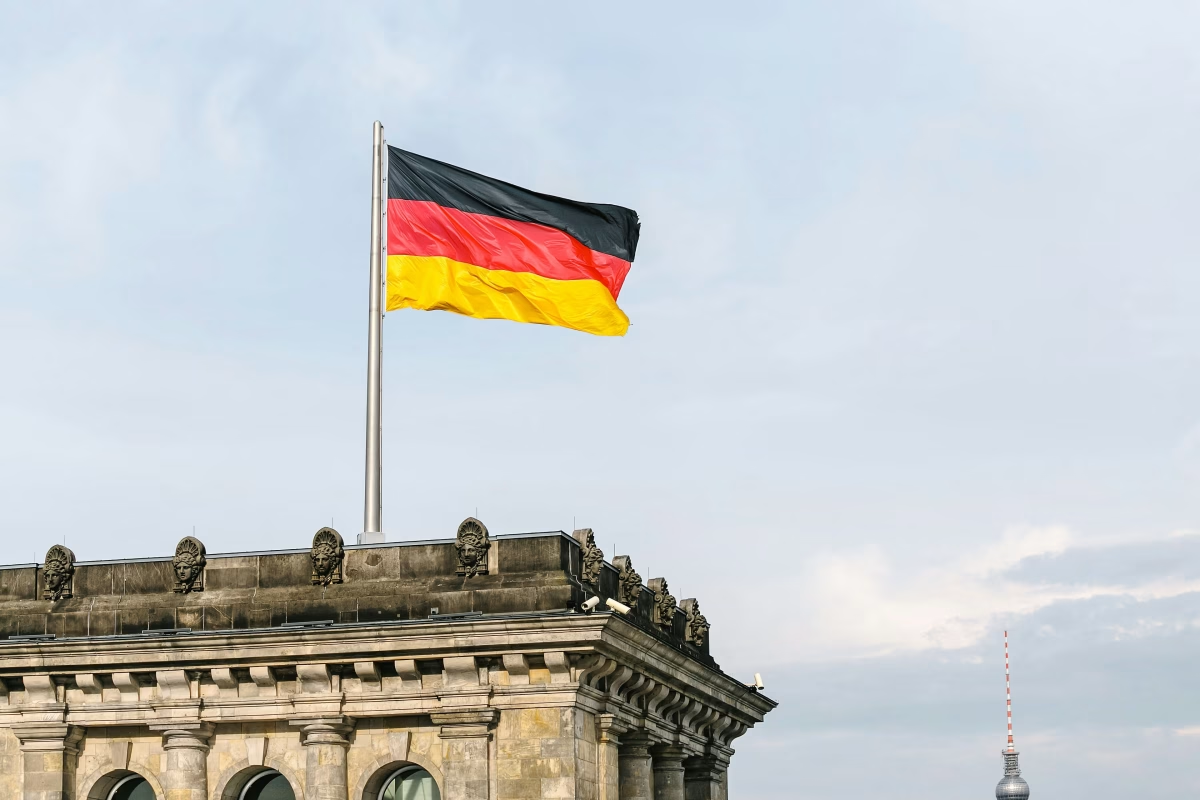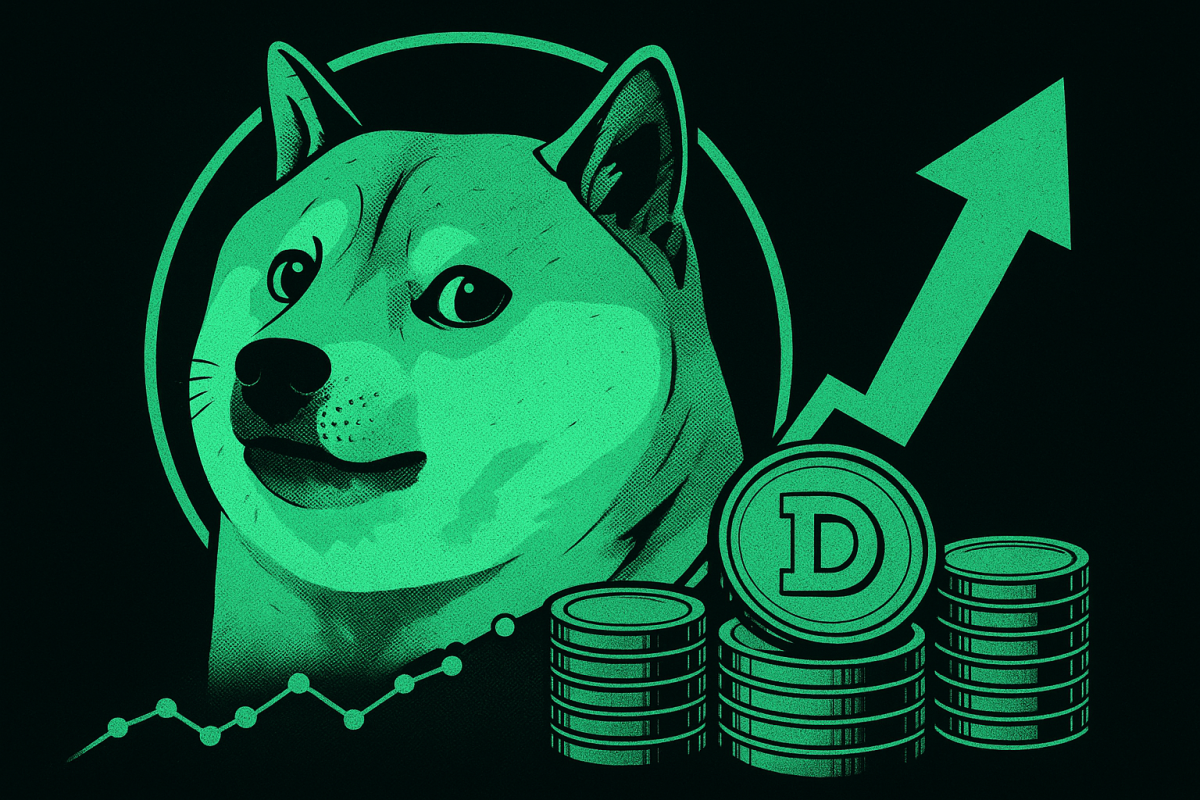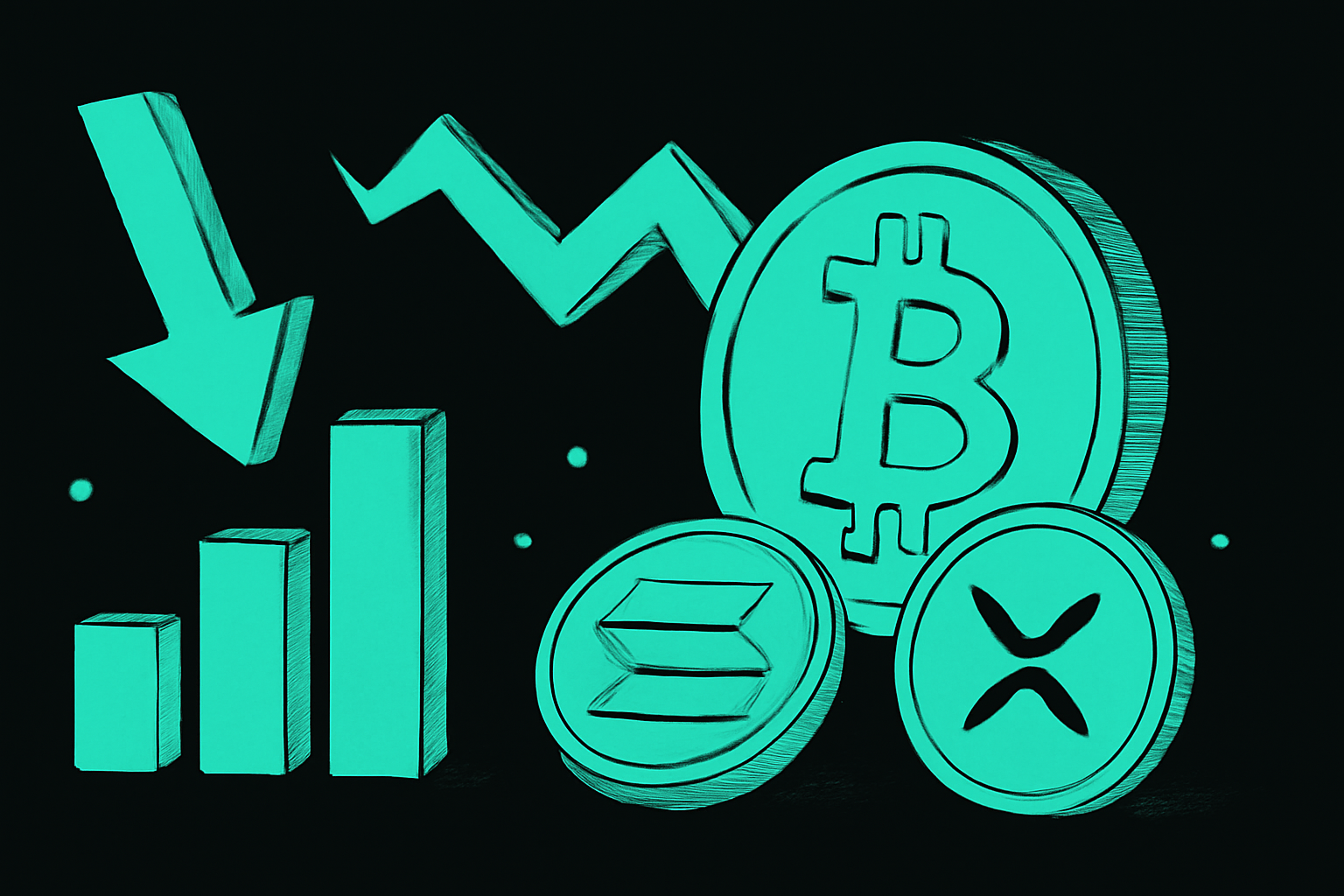
- Among the 30- to 49-year-olds would even buy almost a third of cryptocurrencies
- Fear of loss of value is the most common reason to rule out the purchase
Around a quarter (26 percent) of the Germans is open to the acquisition of cryptocurrencies such as Bitcoin or ether: 8 percent have already bought cryptocurrencies, another 4 percent have plans to do so. 14 percent can at least imagine acquiring cryptocurrencies themselves.
Age group 30 to 50 is cryptoPlants particularly inclined
Among the 30- to 49-year-olds are 31% interested in cryptocurrencies, some are already investing or are planning this. 8% of Germans bought digital currencies, 4% will soon buy and 14% are open to future investments. 66% of German -interested Germans are skeptical about central banks. 46% hope for a profit, 26% want to protect your assets from government access. 22% are curious, 17% believe in digital money, and 9% have long -term investment goals. Frederic Meyer, blockchain expert at Bitkom, stated:
“Cryptocurrencies have long been more than a niche topic. They have developed as an innovative part of the digital financial world and open up new opportunities for investments. Especially technology affine people and investors who want to actively use innovations are open to these new forms of investment.”
71% of Germans reject cryptocurrencies. 76% fear losses. 50% fear to lose access from forgotten passwords. 54% are not interested, 47% are worried about sustainability and 29% find it too complex.
Fears of fraud and theft also play a role. 27% fear when buying cryptocurrencies, and 37% are worried about theft. 26 % admit that you do not know how you can buy digital currencies, which underlines the need for better education.
Germany leads to the licensing
In Germany, 36% of the licenses as part of the EU framework for markets for cryptocurrencies (Markets in Crypto-Assets, Mica), which underpins its regulatory supremacy. Trade Republic, a leading fintech platform, recently secured a micar license from Bafin. The company can thus offer the custody of cryptocurrencies and the order execution in 30 countries of the European Economic Area.
Trade Republic manages assets of over 100 billion euros for four million customers, of whom is 2.5 million Germans. The license enables the platform to process most crypto operations internally and only use external market makers such as the sheikh and B2C2 bank. The uniform licensing system of the Micar simplifies the processes for companies such as coinbase and octopuses that adapt to the new rules.
However, the introduction of Micar is delayed, since only 25 crypto-asset service providers were registered by May 17th. In contrast to the slower EU-wide, proactive attitude in Germany is progressing. Paolo Ardoinino, CEO from Tether, stood I have 19. May festthat the worldwide crypto trade volume now exceeds German, with South Korea the next goal, which reflects the growing liquidity of the cryptocurrencies.
Tax policy shifts and global trends
The German Social Democratic Party (SPD) struck A 30 percent capital gains tax on all crypto profits beforewhich means that the one -year tax exemption for keeping cryptocurrencies. The SPD, which negotiates with the CDU and CSU, wants to tax the taxation of cryptocurrencies to that of other capital income. Block coaches warn that this could make Bitcoin unusable as a means of payment in Germany.
The cryptoma markets are flourishing worldwide. US-based crypto investment products attracted 2025 tributaries of $ 7.5 billion, including $ 785 million in the past week CoinShares. The United States led $ 681 million, followed by Germany ($ 86.3 million) and Hong Kong ($ 24.4 million).
The interest of institutional investors increases rapidly. According to André Dragosch from Bitwise, Coinbase reported more than $ 1 billion in Bitcoin with a single day, the highest value in 2025. In a recent study that we reported on, JPMorgan Chase now allowed his customers to buy Bitcoin without custody services. Meanwhile, the SEC has postponed the decisions about the Solana ETFs of 21shares and BitWise to question the public. Frederic Meyer emphasizes the need for an informed investment:
“Whether directly via crypto bonds or indirectly through classic financial products: there are different ways to participate in the development of cryptocurrencies. It is important to find out well about the respective advantages and disadvantages of the different forms of investment in advance- and to be aware that every investment also carries risks.”
He asks the Germans to find out more about the investment opportunities in view of the volatility and the technical challenges.
Sustainability concerns continue to exist, with 47 % of the skeptics listing the high power consumption. Fifty percent see cryptocurrencies as speculative, and 44 percent see no practical benefits. These hurdles as well as regulatory and tax changes shape the developing crypto landscape in Germany.
While cryptocurrencies are gaining tensile force, Germany weighs innovation with caution. The leading role of the country in the regulation and the growing interest of investors position it as a crypto hob. Nevertheless, the proposed tax changes and the widespread skepticism show the continuing challenges in the introduction of cryptocurrencies in the mainstream.






No Comments